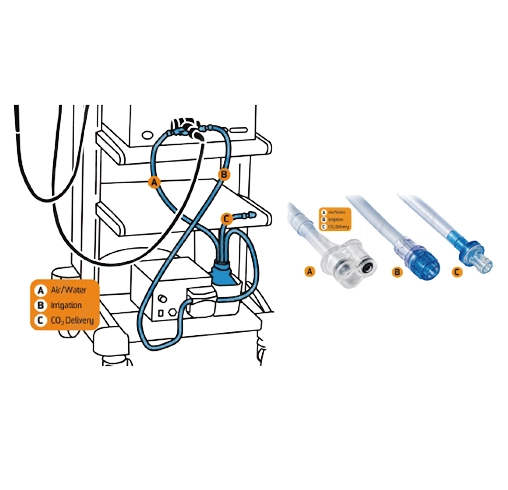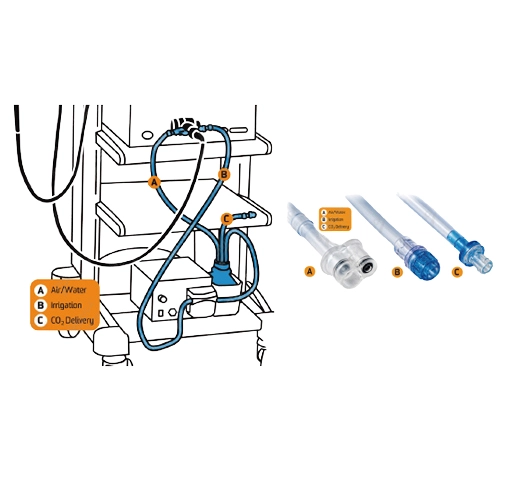
Hemoglobin testers, particularly those used in clinical settings, are generally quite accurate, with a margin of error typically within ±1 g/dL. These devices, including point-of-care hemoglobin meters and laboratory analyzers, are designed to provide quick and reliable results. However, accuracy can be influenced by factors such as device calibration, user technique, and sample quality. For home-use devices, accuracy may vary more, and it’s advisable to cross-check with professional lab results periodically. Overall, while hemoglobin testers are a valuable tool for monitoring, they should be used in conjunction with professional medical advice for the best outcomes.

A hemoglobin tester specifically measures the amount of hemoglobin in your blood, which is crucial for assessing oxygen-carrying capacity and diagnosing conditions like anemia. In contrast, a Complete Blood Count (CBC) is a comprehensive test that evaluates various components of your blood, including red blood cells, white blood cells, hemoglobin, hematocrit, and platelets. While a hemoglobin test focuses solely on hemoglobin levels, a CBC provides a broader overview of your overall blood health, helping to diagnose a wider range of conditions such as infections, blood disorders, and immune system issues.
Technical & Sales Support